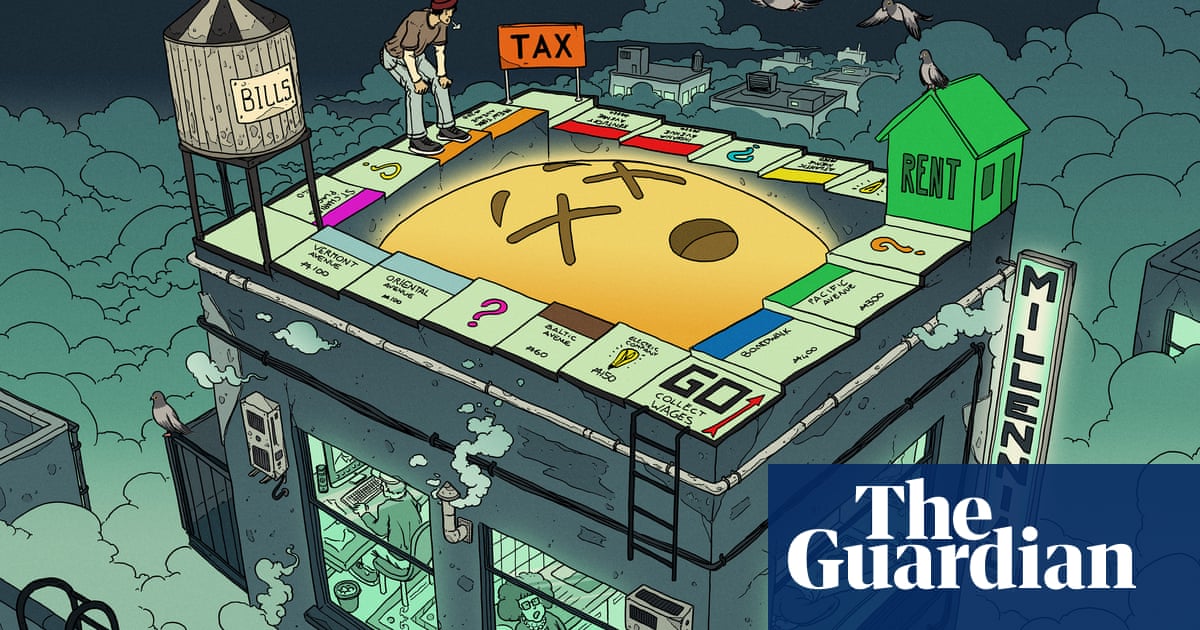- cross-posted to:
- economics
- cross-posted to:
- economics
Claire*, 42, was always told: “Follow your dreams and the money will follow.” So that’s what she did. At 24, she opened a retail store with a friend in downtown Ottawa, Canada. She’d managed to save enough from a part-time government job during university to start the business without taking out a loan.
For many years, the store did well – they even opened a second location. Claire started to feel financially secure. “A few years ago I was like, wow, I actually might be able to do this until I retire,” she told me. “I’ll never be rich, but I have a really wonderful work-life balance and I’ll have enough.”
But in midlife, she can’t afford to buy a house, and she’s increasingly worried about what retirement would look like, or if it would even be possible. “Was I foolish to think this could work?” she now wonders.
She’s one of many millennials who, in their 40s, are panicking about the realities of midlife: financial precarity, housing insecurity, job instability and difficulty saving for the future. It’s a different kind of midlife crisis – less impulsive sports car purchase and more “will I ever retire?” In fact, a new survey of 1,000 millennials showed that 81% feel they can’t afford to have a midlife crisis. Our generation is the first to be downwardly mobile, at least in the US, and do less well than our parents financially. What will the next 40 years will look like?



No evidence. I just choose to live with a positive world view and not like every day is doom. I face problems head-on when they appear and I don’t collect sorrows in advance. But you do you. I know my approach is hard for most people.
facing problems “head-on” doesn’t mean you can’t anticipate problems that are likely to arise. in fact, deliberately ignoring clear indications of future problems is dumb. this approach is literally why climate change has become a problem over the last several decades.
lastly, accusing people of “collecting sorrows” for calling out these likely future problems doesn’t mean they’re collecting sorrows, it’s just you trying to validate your “positivity-only” approach
I definitely try to anticipate future issues as well as I can, but I’m doing it from a place of positivity, not negativity. Negativity is what’s causing many of the problems be face. Positivity searches for solutions to those problems.
everyone knows the solution to the country’s money problems–tax the 1%. but it’s not happening, and the problem is getting worse every year. i’m glad you can feel positive about that
Not feeling positive about that, but I still choose a positive outlook on life. You should, too.
do you identify with any of the people in the article? if you do; how so?